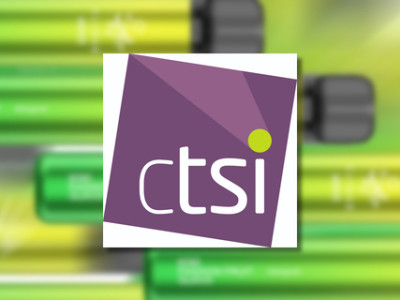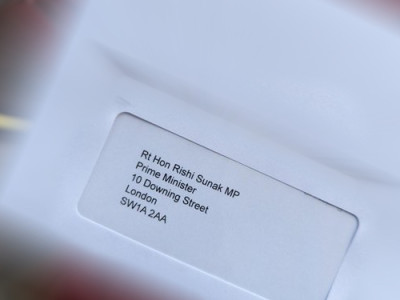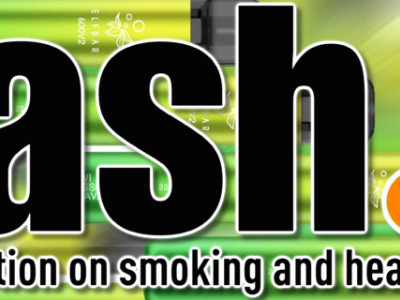The bans and restrictions on flavoured product sales were introduced with the aim of preventing teen access.
“The justification for these restrictions includes the argument that youth e-cigarette use will re-normalise youth smoking, leading to increased rates of cigarette smoking by teenagers. However, we propose an evidence-based version of this model based on several years' worth of longitudinal and econometric research,” they say.
They approached the study on the basis that the evidence indicates that rather than encouraging an increased take-up of nicotine products, vaping has worked “to replace a culture of youth smoking”.
They point out that America’s approach to tobacco harm reduction was cemented in 2016 when “the US Surgeon General suggested that e-cigarette use among youth had the potential to lead to adverse health effects and increased cigarette use among youth, and thus called upon policymakers, practitioners, and community leaders to restrict e-cigarette use”.
The paper, published in the journal Preventive Medicine, says concerns were amplified in 2019 when a lung disease outbreak (EVALI) was wrongly linked to the use of electronic cigarettes.
“While it was originally assumed that nicotine-containing e-cigarette use was responsible for this illness, by January 2020 it was understood that vitamin E acetate, found in some illicit vaporisable THC products but not in commonly-available e-cigarettes, caused this illness.”
They identified:
- 300 localities have placed restrictions on the sale of flavoured e-cigarettes
- States including California, New York, New Jersey, Rhode Island, and Massachusetts have restricted the sale of flavored e-cigarettes
- Thirty states and numerous municipalities have placed taxes on vape products
“Supporters of restrictive policies for e-cigarettes argue for these policies for many reasons, such as a concern that users would be exposed to nicotine, which is addictive, and the potential impact that exposure to nicotine and other substances in e-cigarette vapour could have on health.”
Siegel and Katchmar point out that opponents to vaping love to conflate teens ever having vaped with those who vape regularly despite a number of studies suggesting that those who are full-time vapers “were likely to use other forms of tobacco regardless of e-cigarette use”.
“Given these findings, we believe that the currently-accepted conceptual model of e-cigarette and cigarette use among youth should be re-evaluated.”
They concluded: “Since e-cigarettes have emerged into the mainstream and became widely available, public health authorities have sought to regulate their availability not only to prevent youth vaping, but to prevent the re-normalisation of youth smoking. The general driver of these policies has been the idea that youth e-cigarette use will re-normalise cigarette use, leading to increased rates of cigarette smoking among underage individuals. However, we demonstrate here that this thinking is unsupported.”
Photo Credit:
Photo by Amit Lahav on Unsplash
Dave Cross
Journalist at POTVDave is a freelance writer; with articles on music, motorbikes, football, pop-science, vaping and tobacco harm reduction in Sounds, Melody Maker, UBG, AWoL, Bike, When Saturday Comes, Vape News Magazine, and syndicated across the Johnston Press group. He was published in an anthology of “Greatest Football Writing”, but still believes this was a mistake. Dave contributes sketches to comedy shows and used to co-host a radio sketch show. He’s worked with numerous vape companies to develop content for their websites.
Join the discussion
Trading Standards Welcomes Clarity
The Chartered Trading Standards Institute says it welcomes the “clarity and action from government to tackle youth vaping” with the plan to ban disposable vapes and related announcements
UKVIA Writes To Sunak
The UKVIA has sent a letter to Prime Minister Rishi Sunak to 'express profound dismay and disappointment' that the government has decided to proceed with a ban on disposable vapes
FOI Shows Disposables Ban Folly
389 Freedom of Information requests made by leading online retailer Vape Club and one by the BBC demonstrate the extent to which a ban on disposable vapes is a complete act of folly
ASH UK’s Coordinated Comment
Action on Smoking and Health has coordinated a series of responses to the Governments proposals to include interested parties












